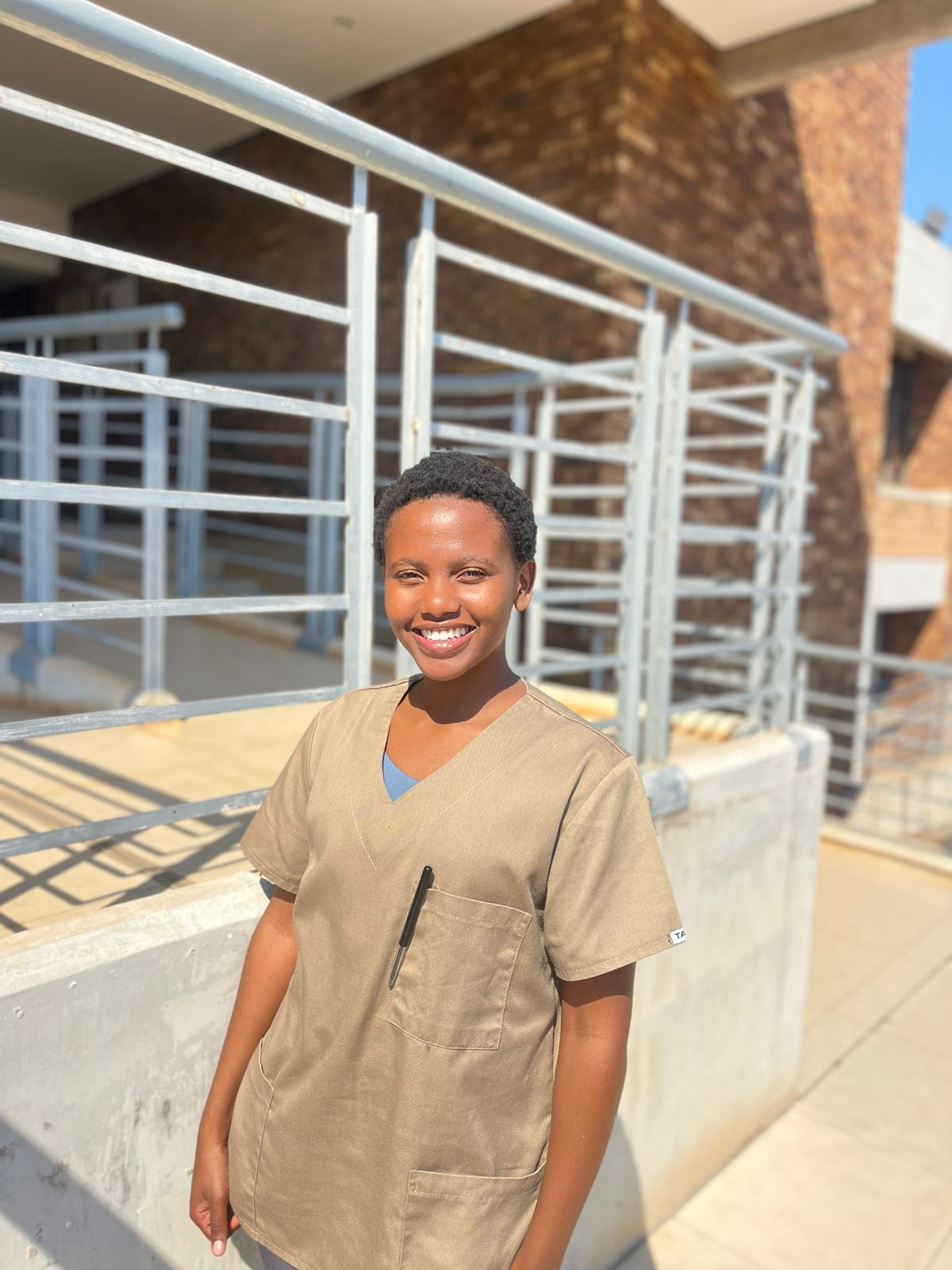Medical student Pumzile Molimi discusses the importance of addressing and reducing disparities in health through education, advocacy, and community involvement.
______
Health disparities are differences in health outcomes and access to healthcare that affect various population groups. These differences are often shaped by social, economic, and environmental factors. For medical students, addressing these disparities is key to promoting health equity. As future doctors, you can play a vital role in this effort through education, advocacy, and community involvement.
- Education and Awareness:
Start by learning about the causes and effects of health disparities. Engaging in educational programs, workshops, and discussions on health equity helps you understand the root issues and their impacts. This knowledge equips you to advocate for change and develop strategies to improve healthcare access and outcomes for everyone.
- Community Engagement:
Getting involved with underserved communities helps you see the challenges these groups face up close. By volunteering in health projects, participating in outreach programs, and working at free clinics, you build empathy and cultural competence. You also gain a better understanding of how social factors influence health. Building trust within these communities is essential for creating effective, long-term solutions.
- Advocacy and Policy Change:
Use your knowledge and experiences to push for policies that promote health equity. This might involve joining advocacy groups, writing policy briefs, or meeting with policymakers to highlight the need for better access to healthcare. By advocating for systemic changes, such as improving healthcare access in underserved areas and addressing social factors affecting health, you help create a fairer healthcare system.
- Research and Data Collection:
Conducting research on health disparities provides valuable data that can inform effective interventions. Analyzing how health disparities affect different populations helps identify gaps in care and patterns in healthcare use. This research not only advances academic understanding but also offers practical information that can drive policy changes and targeted interventions.
How Medical Students Benefit
Working on health disparities offers several advantages for medical students:
Broader Perspective: Engaging with diverse communities helps you understand how social factors affect health and how disparities impact health outcomes.
Advocacy Skills: Involvement in advocacy activities builds your leadership, communication, and public speaking skills, which are crucial for effective advocacy.
Professional Growth: Experience in community engagement and research enhances your critical thinking, problem-solving, and teamwork skills, all important for your future medical career.
Personal Development: Interacting with diverse populations fosters cultural competence, empathy, and a patient-centered approach to care.
Medical students have a unique chance to tackle health disparities through education, advocacy, and community involvement. By working to reduce these disparities and promote health equity, you not only help improve health outcomes for underserved populations but also develop the skills and knowledge needed to be compassionate and effective healthcare providers.

Pumzile Molimi, Sefako Makgatho Health Sciences University, South Africa.
References:
- Centers for Disease Control and Prevention. (2022). Health Disparities. Retrieved from CDC.
- National Academy of Medicine. (2017). Achieving Health Equity: A Guide for Health Care Organizations. Retrieved from NAM.
- Braveman, P., & Gottlieb, L. (2014). The Social Determinants of Health: It's Time to Consider the Causes of the Causes. Public Health Reports, 129(Suppl 2), 19–31. Retrieve from NCBI.
______
To read more student articles like this visit our student hub.